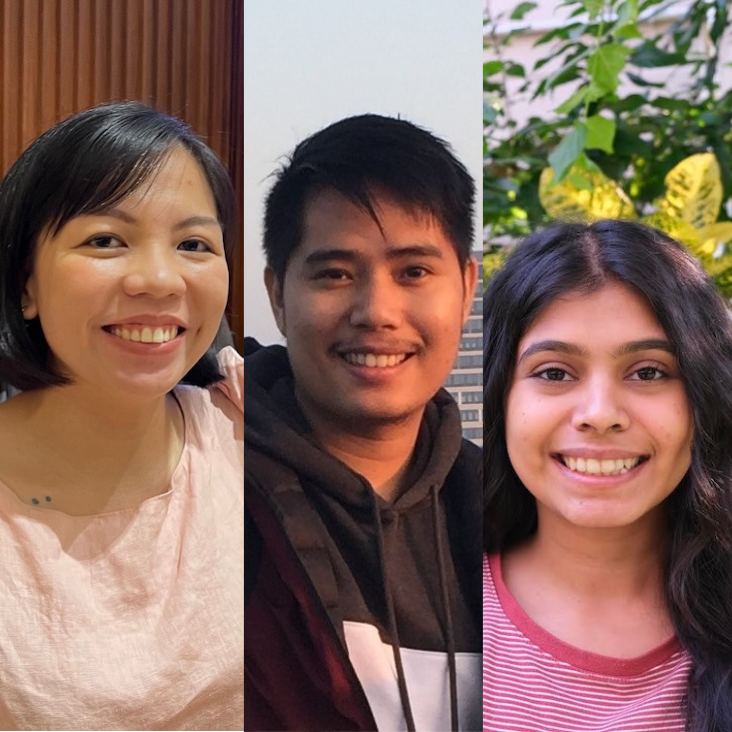
The headquarters of the International Finance Corporation, the private-sector investment arm of the World Bank, which is among the multilateral development banks linked to projects that harm communities. While banks like the IFC have mechanisms to address and resolve community complaints, too often residents still struggle to access remedy. (Image: Wikimedia Commons)
Improving the lives and livelihoods of communities across the world has always been a promising narrative behind large-scale development projects. But across Asia and the Caucasus, the region stretching from the Black Sea to the Caspian Sea that includes Armenia and Azerbaijan, such promises are rarely fulfilled. Too often, projects funded by development banks have compromised the very communities they are meant to uplift, exacerbating structural issues and fueling human rights violations.
Recognizing that their activities can lead to harm, nearly every multilateral development bank has set up an independent accountability mechanism (IAM) to address and resolve community complaints. Do these mechanisms really provide a genuine opportunity to demand and secure justice?
Unfortunately, stories from local communities and civil society groups across Asia and the Caucasus show that even when such mechanisms are in place, accessing remedy is extremely challenging, if not impossible.
The ever present threat of reprisals and retaliations — particularly acute in this region — creates significant barriers for communities and human rights defenders to raise complaints, let alone receive remedy.
Silencing complaints through reprisals
In Uzbekistan, the European Bank for Reconstruction and Development (EBRD), the World Bank's International Finance Corporation (IFC), and the Asian Development Bank (ADB) continue to finance Indorama Agro — one of the largest cotton producers in the country — despite its extremely poor human rights track record.
In fact, widespread land grabbing, labor rights violations, pollution, and reprisals were also raised in two complaints with the EBRD and IFC accountability mechanisms. Human rights organizations, monitors, and workers who sounded the alarm on these violations have been threatened with unfair dismissal, harassment, and restrictions on their freedom of movement.
In Cambodia, the microfinance sector — valued at US$14 billion — has received additional funding from the International Finance Corporation, aggravating the sector's predatory lending practices that force vulnerable borrowers into deeper poverty. In 2022, two Cambodian non-governmental organizations, LICADHO and Equitable Cambodia, filed a complaint to the IFC’s accountability mechanism, the Compliance Advisor Ombudsman. In August of this year, the ombudsman announced it would finally proceed with an investigation. However, involved civil society actors have long endured reprisals, including judicial harassment and accusations of coordinated defamation against microloan providers.
These are just some examples of the 102 complaints filed to development banks' independent accountability mechanisms that highlight potential or actual retaliation and violence against communities. This number is likely much higher since many violations often go unreported due to fear of further reprisal as well as the community’s lack of access to accountability mechanisms. Given the shrinking civic space across Asia and the Caucasus, the number is likely to increase. Fourteen countries in the region have “closed” civic space and 11 are “repressed,” meaning they have limited or no access to civil society networks, trade unions, NGOs, foundations and other funding sources, according to the nonprofit CIVICUS.
In this context, bank-funded projects merely give repressive regimes another avenue to crack down on dissent, leaving communities to bear the brunt of violence. Those who dare resist — by demanding accountability for the destruction of their homes and environments — are silenced through intimidation, harassment, or violence.
What can development banks do?
Do no harm. Development banks seem to forget this simple yet crucial duty. The rights of local communities should never be sacrificed in the name of “development”.
To fulfill their commitments to public participation and their sustainable development objectives, development banks must take concrete actions to prevent and protect communities from harm.
This is an especially critical moment to reflect on past mistakes and introduce much-needed reforms since at least six development banks are currently reviewing their accountability mechanisms, including the Asian Development Bank and the Asian Infrastructure Investment Bank, two major players of financing in the region.
Across Asia and the Caucasus, dozens of civil society groups and defenders are calling on independent accountability mechanisms to better address threats and attacks against communities. A first good step would be to adopt a more proactive and preventative approach to identify and mitigate risks ahead of time.
Independent accountability mechanisms should also work more closely with local human rights and protection organizations to facilitate accessible and secure communication channels and to provide emergency assistance.
Lastly, mechanisms should push for institutional reforms to get development banks to act on civic space and human rights issues.
While reforming accountability mechanisms is an essential step in protecting communities, ensuring a safe and enabling environment for communities to approach the mechanism is a prerequisite for these mechanisms to live up to their supposed function: supporting communities impacted by harmful projects, keeping their institutions in check, and facilitating accountability and justice. Until such an environment is present, the struggle for communities remains, with much uncertainty dampening their future.

Tala Batangan is the Asia Regional Coordinator for the Coalition for Human Rights in Development, a global South-led coalition of social movements, CSOs and grassroots groups working towards rights-based and community-led development.
Ian Salvaña is a Business and Human Rights Program Associate with the Asian Forum for Human Rights and Development (FORUM-ASIA), a regional network of 88 member organizations across 23 countries, mainly in Asia, working on civic space, defenders’ protection and business and human rights.
Radhika Goyal is a Policy Associate with Accountability Counsel, where she advocates for international finance to be more accountable to the communities they impact.
Read more stories by Tala Batangan, Ian Salvaña and Radhika Goyal













